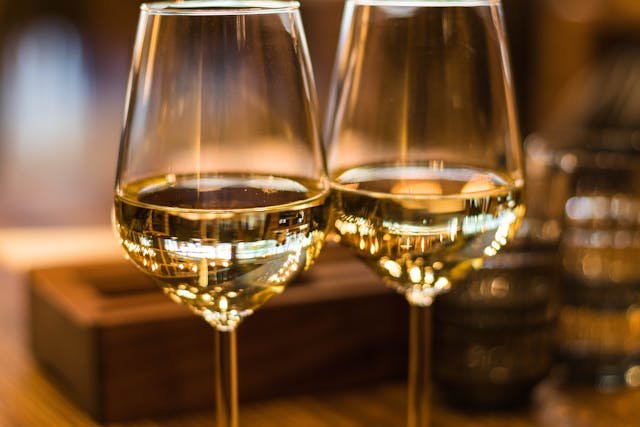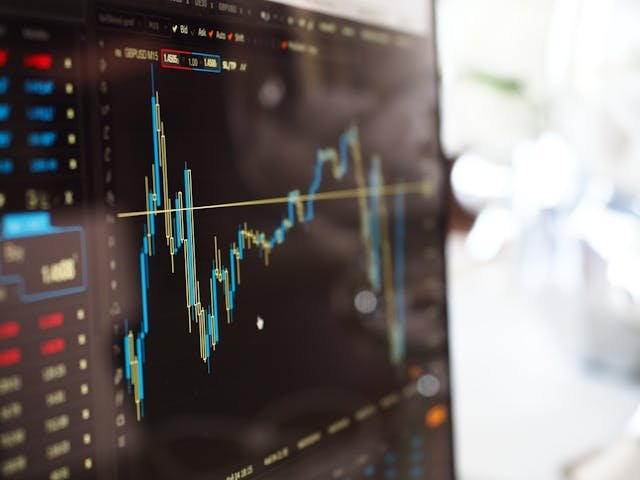Selecting the highest-quality wine can be daunting amidst the vast array of options available. Wine quality encompasses various factors, including grape variety, terroir, winemaking techniques, and aging processes. To discern the finest wines, one must delve into the intricacies of each aspect, from grape cultivation to bottle presentation. By following a structured approach and understanding key indicators of quality, you can navigate the world of wine with confidence and sophistication.
Understanding Grape Varieties and Terroir
Grape variety and terroir significantly influence wine quality. Different grape varieties possess distinct characteristics, ranging from the boldness of Cabernet Sauvignon to the delicacy of Pinot Noir. Moreover, terroir, encompassing factors such as soil composition, climate, and topography, imparts unique flavors and aromas to grapes grown in specific regions. By familiarizing yourself with the characteristics of various grape varieties and the terroir of renowned wine-producing regions, you can anticipate the flavor profile and quality of a particular wine.
Evaluating Winemaking Techniques
Winemaking techniques play a pivotal role in shaping wine’s quality and character. From grape harvesting to fermentation and aging, each step influences the final product. For instance, the method of fermentation, whether traditional or modern, affects the wine’s texture and complexity. Additionally, oak aging imparts nuanced flavors and aromas, enhancing the overall quality of the wine. By understanding the intricacies of winemaking, you can discern the craftsmanship and dedication invested in producing a superior wine.
Assessing Aging Potential
It is possible to determine the quality and complexity of a wine by observing its ability to age. Some wines, especially those that are created from grape types of superior quality and are aged using very precise methods, have the potential to develop and become more refined over time. The potential age of a wine is affected by several factors, including the structure of the tannins, the acidity, and the residual sugar. In addition, the circumstances under which wine is kept, such as temperature, humidity, and exposure to light, have a considerable influence on the development of the wine. The ability to discern the durability and potential for refinement of a wine can be determined by evaluating its aging potential, which allows for the identification of wines that are of excellent quality.
Exploring Appellations and Wine Ratings
Exploring appellations and wine ratings is a fundamental step in finding the highest-quality wine. Appellations denote specific geographic regions where grapes are grown, reflecting unique terroir characteristics that influence the wine’s flavor profile. By understanding appellations and their reputations for producing exceptional wines, consumers can make informed choices when selecting bottles. Additionally, consulting wine ratings from reputable sources provides valuable insights into the quality and value of a wine. Professional sommsation experts meticulously evaluate wines based on factors such as taste, aroma, and aging potential, offering guidance to enthusiasts seeking the finest selections. By delving into appellations and wine ratings, wine enthusiasts can embark on a journey of discovery, uncovering hidden gems and elevating their appreciation for the artistry of winemaking.
Cultivating a Discerning Palate
When it comes to recognizing and choosing high-quality wine, cultivating a palette that is discriminating is very necessary. The ability to assess wine with accuracy and complexity is facilitated by the development of sensory abilities that allow one to recognize subtleties in aroma, taste, and texture aspects. Increasing your capacity to perceive excellent quality and artistry can be accomplished by actively participating in sensory research and tasting a wide variety of wines. Additionally, participating in educational activities such as wine tastings, seminars, and other educational gatherings offers excellent insights into a variety of wine types and locales. By developing your taste, you will be able to explore wine options with confidence and understand which products are of the best quality.
Conclusion
In conclusion, selecting the highest quality wine requires a comprehensive understanding of grape varieties, terroir, winemaking techniques, aging potential, appellations, and wine ratings. By delving into these aspects and cultivating a discerning palate, enthusiasts can embark on a journey of wine excellence. Each sip becomes an exploration of craftsmanship, terroir, and sensory delight, leading to a profound appreciation for the artistry and complexity of fine wine. Whether savoring a renowned vintage or discovering hidden gems, the pursuit of quality wine is a rewarding endeavor that enriches the palate and soul.








